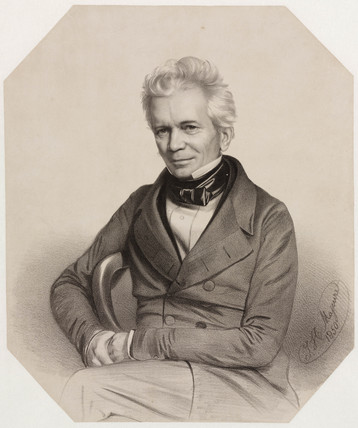-------☹😊☹-------
Bell Bottoms:
Bell-bottoms (or flares) are a style of trousers that become wider from the knees downward, forming a bell-like shape of the trouser leg.
At the beginning of the 19th century a standard naval uniform did not exist in either the British or US navies. Some US sailors adopted a style of wide trousers ending in bell-shaped cuffs, such that in 1813, one of the first recorded descriptions of sailors' uniforms, written by Commodore Stephen Decatur, noted that the men on the frigates United States and Macedonia were wearing "glazed canvas hats with stiff brims, decked with streamers of ribbon, blue jackets buttoned loosely over waistcoats, and blue trousers with bell bottoms."
Bell bottoms became part of the US naval uniform in 1817 to allow the men who washed down the ship’s deck to roll their pant legs up above their knees to protect the material. This modification also improved the time it took to take them off when the sailors needed to abandon ship at a moment’s notice. The trousers also doubled as a life preserver by knotting the pant legs. It was also more convenient to roll them up when wading ashore.
Bell-bottoms did not become part of the standard uniform of the British Navy until the mid-19th century and were often just very wide-legged trousers, rather than shaped trousers that flared below the knee. They continued in use until replaced by more conventionally flared trousers in 1977.
Although the trousers of the present-day uniform of the United States Navy are still referred to as "bell-bottomed", they simply have large straight legs.
-------☹😊☹-------
Chinese Checkers
Chinese Checkers isn’t Chinese and isn’t checkers. Inspired by a British game called Hoppity, the German game company Ravensburg made the first Chinese Checkers board in 1892. They called it Stern-Halma, a half-German, half-Greek name that roughly translated to “star-jump.” It was a hit in its native country and soon spread across Europe.
Then, in 1928, the company tried to take the game to the United States. Americans, though, weren’t about to buy a German game called Stern-Halma, Germany not being top of the list of popular countries 10 years after World War I. China, however, was under no such disfavour. Mahjong had just come to the US and was all the rage, so the company changed the name to Chinese Checkers and pretended it came from China. They tried a few other names early on, such as Man Dar-In and Ching-Ka-Chek.
-------☹😊☹-------
Addict:
Addict comes from ancient Rome when soldiers were awarded slaves known as "addicts", which is the Latin word for slave. It eventually came to refer to a person who was a slave to anyone or anything.
Treadmills:
Exercising on a treadmill often feels like torture, and that’s not exactly a coincidence.
In 1818, an English civil engineer named Sir William Cubitt devised a machine called the “tread-wheel” to reform stubborn and idle convicts.
Sir William Cubitt
Prisoners would step on the 24 spokes of a large paddle wheel, climbing it like a modern StairMaster.
As the spokes turned, the gears were used to pump water or crush grain. (Hence the eventual name treadmill.) In gruelling eight-hour shifts, prisoners would climb the equivalent of 7,200 feet. The exertion, combined with poor diets, often led to injury and illness (as well as rock-hard glutes), but that didn’t stop penitentiaries all over Britain and the United States from buying the machines. In 1824, prison guard James Hardie credited the device with taming New York’s more defiant inmates. He wrote that it was the treadmill’s “monotonous steadiness, and not its severity, which constitutes its terror."
Over the years, American wardens gradually stopped using the treadmill in favour of other backbreaking tasks, such as picking cotton, breaking rocks, or laying bricks. In England, the treadmill persisted until the late 19th century, when it was abandoned for being too cruel. The machine was all but lost to history. But when Dr. Kenneth Cooper demonstrated the health benefits of aerobic exercise in the 1960s, the treadmill made a triumphant return. Today, well-paid personal trainers have taken the place of prison wardens.
Dr Cooper
-------☹😊☹-------
Noon:
Noon comes from the Latin phrase "nona hora" or "ninth hour". In ancient Rome noon was actually around 3.00pm
-------☹😊☹-------












No comments:
Post a Comment
Note: Only a member of this blog may post a comment.